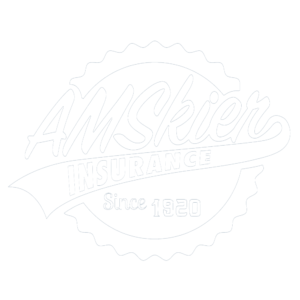‘TIS THE SEASON…FOR COLDS

by Erin Tiffany, RDN, LDN, CNSC, AMSkier Partner
December 21, 2016
As a mother of two young children, I feel like there is never a time when every family member is healthy during the winter months. Fortunately, by using food as our main line of defense we can strengthen our immune systems and fight off those runny noses and coughs once and for all! Here are a few key tips to keep everyone healthy this season.
How Can Foods Help Fight a Cold?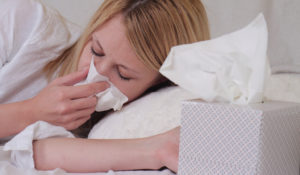
- By improving the immune system and promoting healthy gut flora, which rids the body of toxins, bacteria and viruses
- Through their antimicrobial and antibacterial properties
- Through micronutrients (found in fruits and vegetables) which play a critical role in the development of the white blood cells that protect your body
- By providing the necessary fuel to build antibodies and fight off infection
- By decreasing inflammation
- By providing immune boosting antioxidants
- By maintaining the health of mucous membranes that line our nose and throat
Foods Rich In Protective Antioxidants (which neutralize free radicals and protect cells)
- Garlic (fresh is best)
- Tea
- Turmeric
- Cauliflower
- Dark chocolate (with a cocoa content of 70% or higher)
Foods Rich In Protective Vitamin C
- Red peppers
- Citrus Fruit
- Dark leafy greens (spinach, kale, arugula)
- Berries (blueberries and strawberries)
Foods that fight inflammation and/or enhance the immune system
Note: Chronic inflammation prevents your immune system from working properly, and can contribute to colds and flu as well as more serious diseases
- Wild Salmon (also rich in Vitamin D)
- Oils – olive, avocado, coconut
- Beef (due to high Zinc which promote white blood cell production)
- Oats (contain a type of fiber called beta-glucan that has immune boosting properties)
- Probiotics reduce inflammation, increase the bodies white blood cell count and help line the intestinal tract to protect from bad bacteria and viruses
No matter what you eat, remember to stay hydrated! Drink plenty of water and tea; tea is rich in antioxidants. Keep warm, too – research has shown that hot drinks can ease sneezing, sore throats, chills, and tiredness. Of course, if you are ill you should always consult a doctor.
Was This Helpful? Get More Content Like This!
Join Our Public Broad & Bright List Below
AMSkier Camp clients already receive these articles and much more.
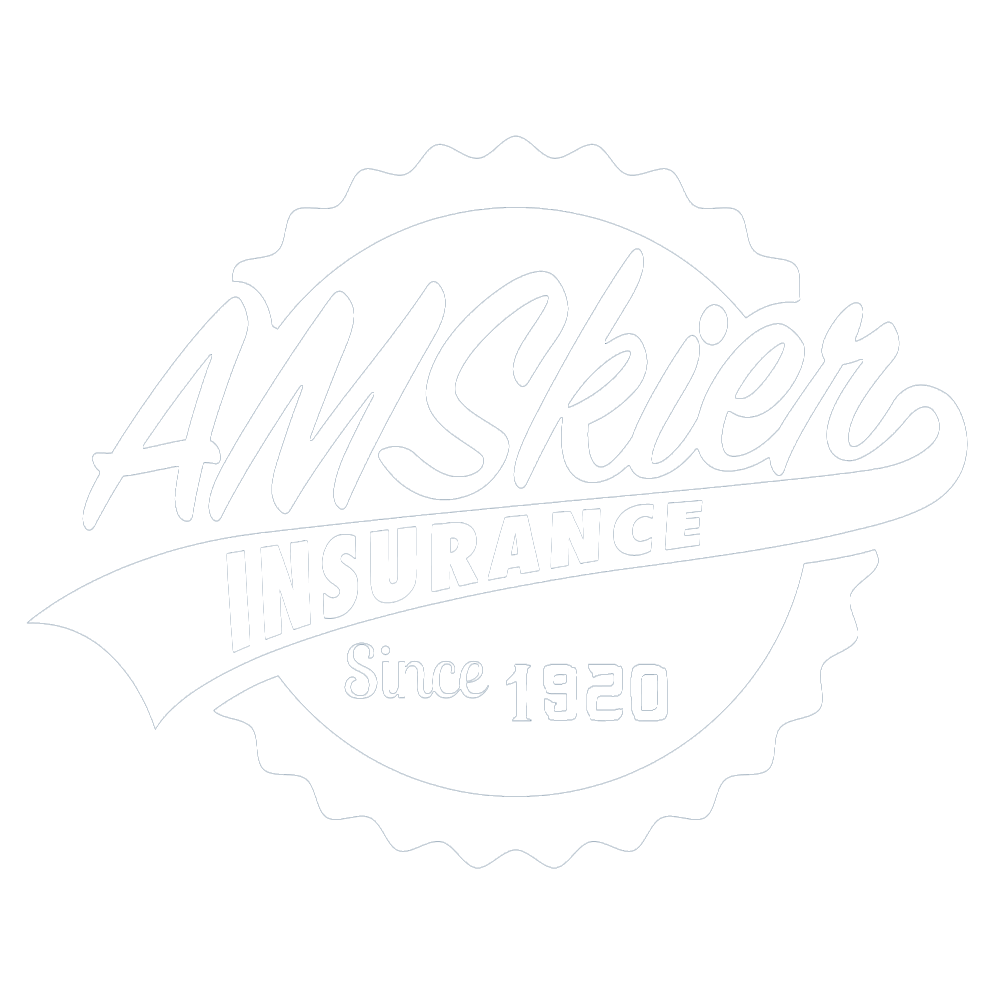
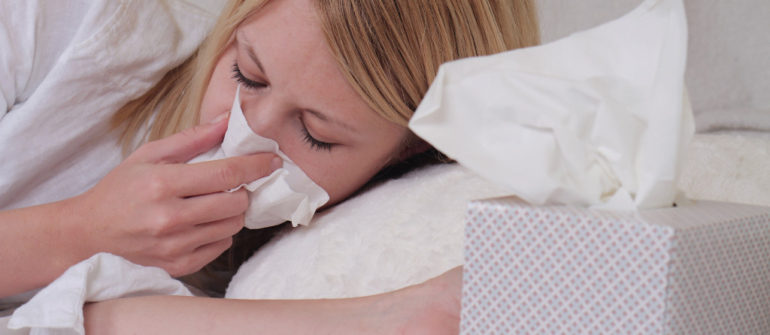
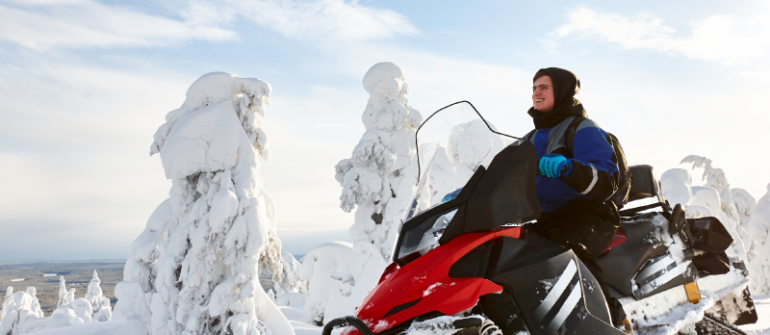
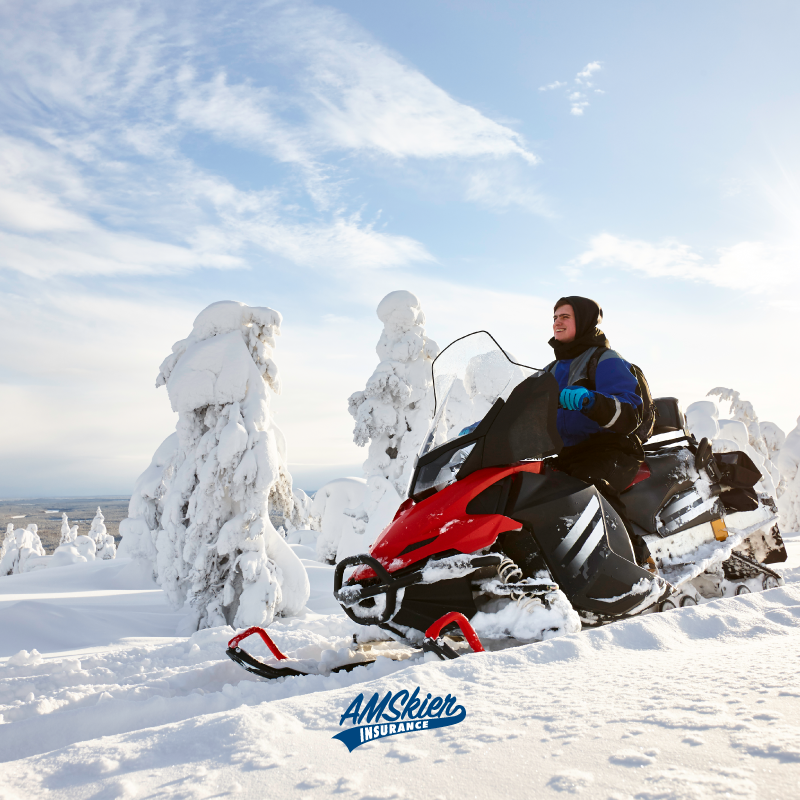 There’s nothing quite like snowmobiling. Roaring through the freezing cold in a snowy winter landscape on a powerful machine makes drivers feel invincible. The spirit of adventure and challenge found on a snowmobile is riveting, but the thrill may end in a lot of pain or worse.
There’s nothing quite like snowmobiling. Roaring through the freezing cold in a snowy winter landscape on a powerful machine makes drivers feel invincible. The spirit of adventure and challenge found on a snowmobile is riveting, but the thrill may end in a lot of pain or worse.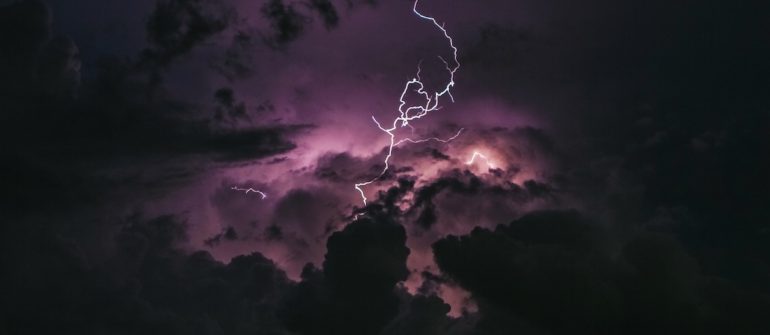
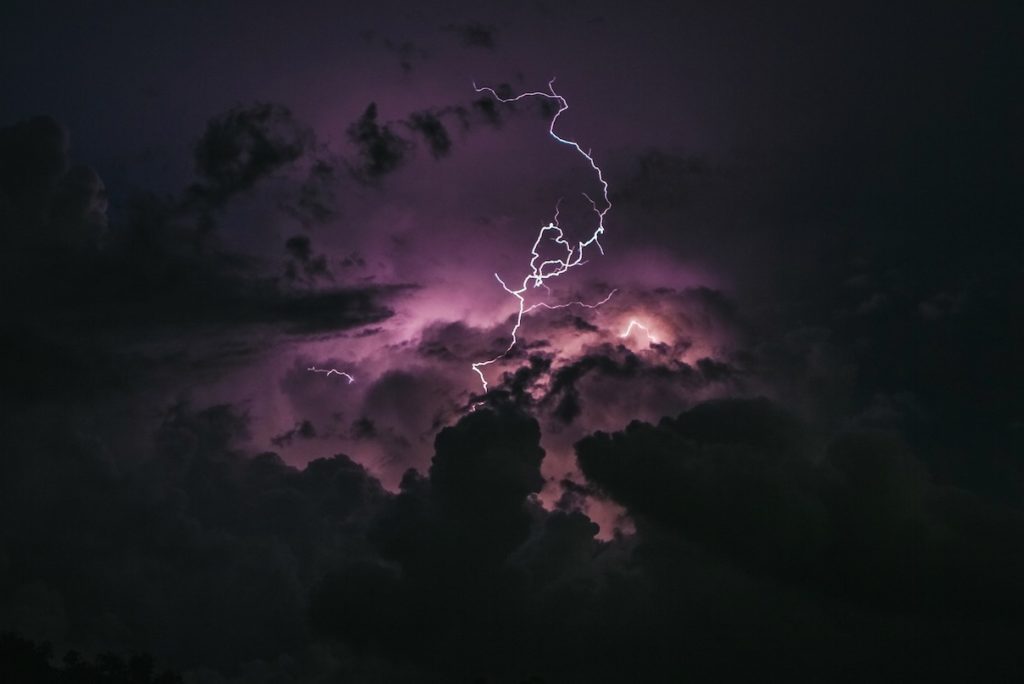 The impact that Superstorm Sandy has had on homes and businesses is a chilling reminder of the need for proper emergency planning. Among the many results of severe weather, loss of power can have a serious impact on a camp’s ability to continue safe and normal operations. This guest blog from Dan Isdaner about fully automatic generators is both informative and very timely. – Gary Kimball, AMSkier Partner
The impact that Superstorm Sandy has had on homes and businesses is a chilling reminder of the need for proper emergency planning. Among the many results of severe weather, loss of power can have a serious impact on a camp’s ability to continue safe and normal operations. This guest blog from Dan Isdaner about fully automatic generators is both informative and very timely. – Gary Kimball, AMSkier Partner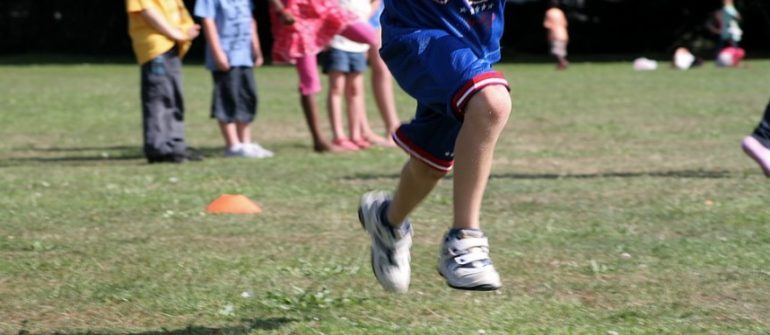
 Alan Cooper, Esquire
Alan Cooper, Esquire
 Norman Friedman, M.Ed.
Norman Friedman, M.Ed.